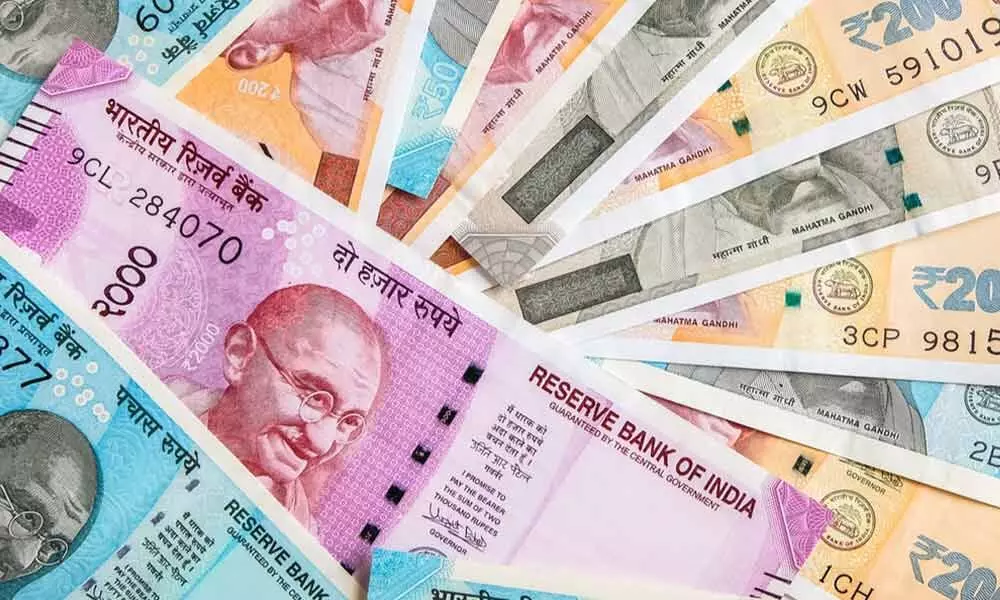No more big buybacks from Indian IT firms
Peer group firms unlikely to follow TCS, Wipro: Experts
image for illustrative purpose

- Cash conservation key focus
- Buyback tax a major deterrent
- Dividend payout better route
- 2 buybacks from TCS in 2017, 2018
Bengaluru: Despite large buyback announcements by Tata Consultancy Services and Wipro, other peer group companies are unlikely to follow suit as capital conservation remains the key focus amid the ongoing Covid pandemic. Even newly introduced buyback tax makes dividend payout a better option to distribute surplus cash among investors over the share repurchase option, industry watchers said.
They, however, opined that the decision to distribute tax through buyback option would depend on the capital allocation policy of an individual company.
"IT services firms are coming up with buyback programmes as these firms are sitting on surplus cash without any significant deployment. Usually, the acquisitions done by IT firms are smaller in size. However, with buyback tax, this instrument no longer remains tax-friendly. So, dividend payout could be the preferable route going ahead," said V Balakrishnan, Chairman of Exfinity Venture Partners and former chief financial officer and board member at Infosys.
"In the case of TCS and Wipro, the situation is different as the promoters have a large stake. For other IT services firms, announcements like special dividend are more likely," he said.
Both TCS and Wipro announced buyback of shares last month in their bids to return surplus cash to investors. While TCS announced a buyback of up to Rs 16,000 crore, the Azim Premji promoted Wipro has rolled out a share repurchase programme worth up to Rs 9,500 crore.
Mumbai-based TCS had previously done buybacks worth around Rs 16,000 crore each in 2017 and 2018 as part of its capital allocation policy. The second-largest IT services firm Infosys completed a buyback worth Rs 8,260 crore last year. In 2017, Infosys had bought back shares worth Rs 13,000 crore. Similarly, Wipro had last year announced a share buyback of up to Rs 10,500 crore, and comprising 3.69 percent of its total paid-up equity capital. The country's third-largest IT services firm HCL Technologies had done Rs 4,000 crore share buyback. Not only IT biggies, but also many mid-tier IT firms had conducted a share purchase programme in past years.
However, with the imposition of a share buyback tax of 20 per cent from this fiscal, the landscape for such programme has changed. Under the new tax provisions, if an investor has subscribed to a company's shares in IPO (initial public offering) stage at Rs 100 and subsequently the firm announced a buyback at Rs 500 per share, the company would have to pay the buyback tax at 20 per cent on Rs 400.
Some experts, however, said that conducting a buyback would depend on the individual companies than on the taxation provisions.
"Though tax payout has gone up in buybacks, whether to take this route for returning surplus cash to investors would depend on the individual company and their growth outlooks. We hope that companies will take a combination of instruments including dividends and buybacks to achieve the goals set by their capital allocation policies," said Amit Tandon, founder and managing director at corporate governance and proxy advisory firm IiAS.

